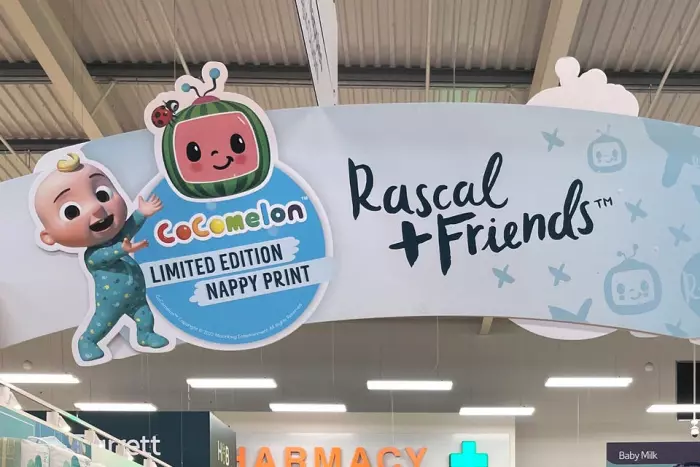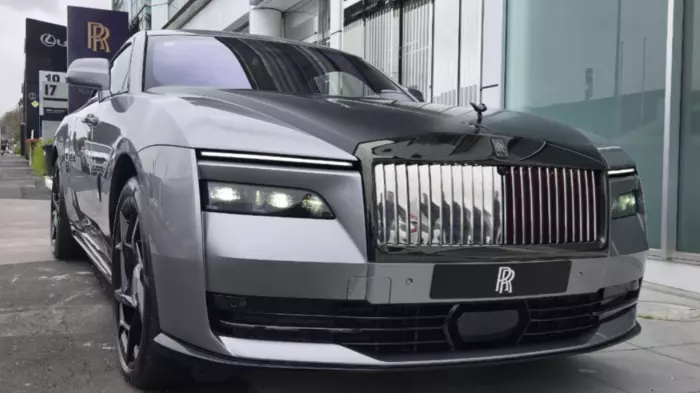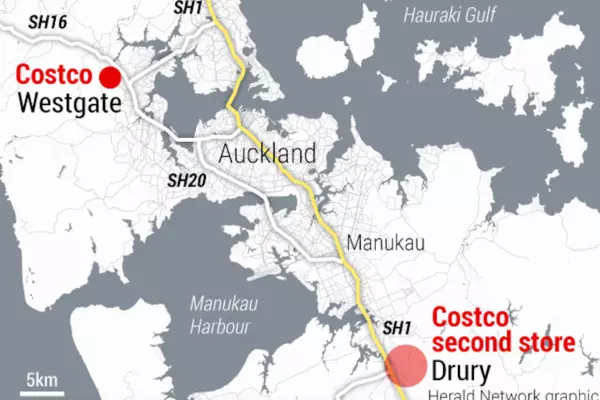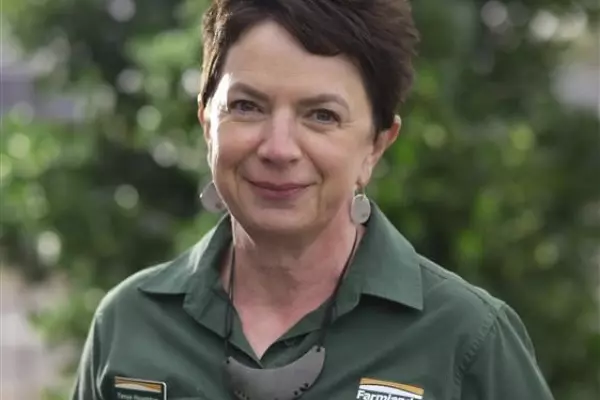By Amy Feldman
Four years ago, Nick Mowbray moved back to New Zealand. He was ill with Crohn’s disease and needed surgery. “I was so sick it was crazy. It crept up on me,” says the co-owner and co-chief executive of Zuru, the NZ-founded global toy corporation.
Used to being in perpetual motion, he also was bored while lying in bed, so he started pondering ideas.
A friend of his had designed a nappy, and he thought he could make it and go up against Kimberly Clark and Procter & Gamble, whose Pampers brand has annual sales of more than US$7 billion (NZ$12.25b). “Monopolies and duopolies get lazy,” Mowbray says.
So Zuru made its first foray into consumer products with its Rascal + Friends brand. Its first rollout was at Foodstuffs, the NZ grocery chain.
Start from scratch
“I was very nervous before we launched the nappies because it was so radical. It had no equity. We had to start from scratch,” said Morgan McCann, who leads Foodstuffs’ New World brand and had known Mowbray for years before signing the partnership deal.
It quickly gained 20% market share, McCann said, leading him and Mowbray to test other categories, including haircare, pet food and collagen, in Foodstuffs’ stores.
“We talked a lot about what Zuru had done in the toy industry,” McCann says. “Not everything is going to be a huge success necessarily, but in a market like New Zealand, we can prototype a little bit.”
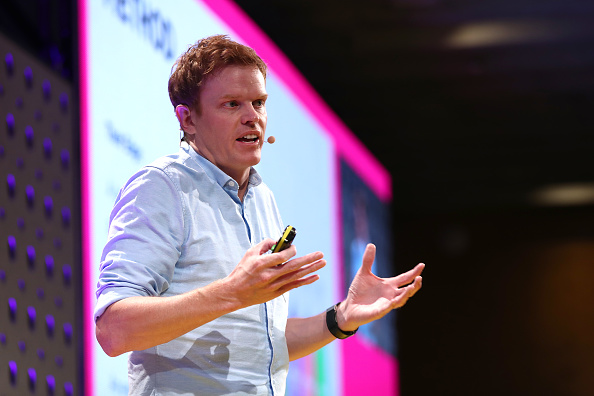 Nick Mowbray figures the new consumer-products push could bring in US$400m in revenue by 2023, double its sales last year. (Image: Getty)
Nick Mowbray figures the new consumer-products push could bring in US$400m in revenue by 2023, double its sales last year. (Image: Getty)Since then, Rascal + Friends has rolled out at Walmart, Tesco and other retailers, where it quickly gained market share. At Walmart Canada, it’s gained “double-digit” share, says Rose DeMarco, the retailer’s senior merchandising director for pet and baby care. “That’s not something that is typical.”
Today, Rascal + Friends is Zuru’s bestselling consumer product, with revenue expected to reach US$150m this year, up from $100m last year. Mowbray touts the design of the diaper, which has three layers of protection against leaks, but Zuru also priced it below the big brands. Today, a 72-pack sells for US$19.97 at Walmart, making them just 27 cents apiece.
Since then, Zuru has launched a flurry of new brands in rapid succession, including Monday (hair care), Nood (pet food) and Dose & Co (collagen).
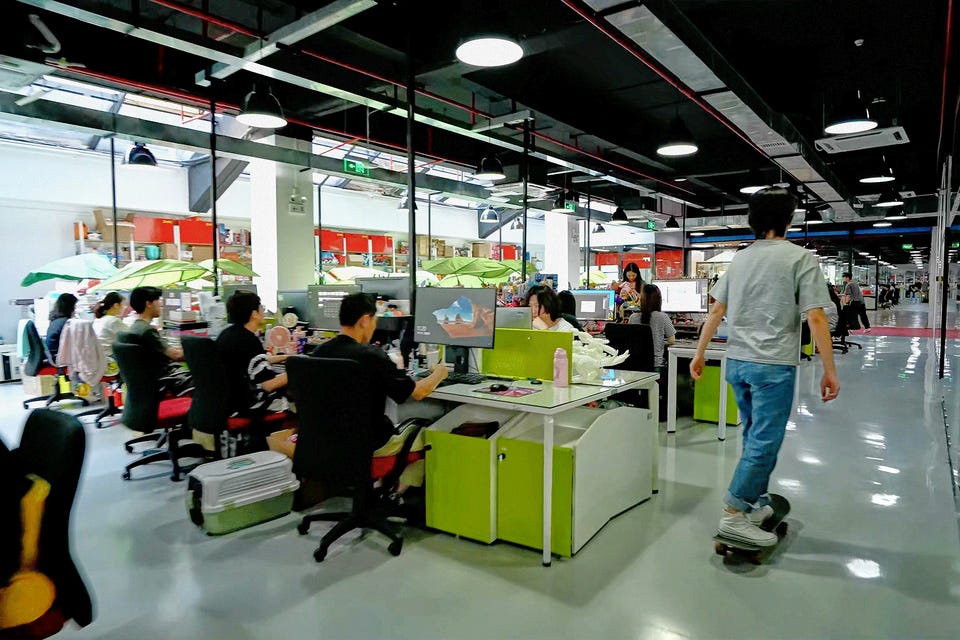 Zuru's offices in Shenzhen, China. (Image: Zuru)
Zuru's offices in Shenzhen, China. (Image: Zuru)Consider Monday, which launched two years ago and offers shampoo and conditioner in distinctive light-pink bottles that show off well on social media, and are priced for the masses at US$7.99 for a 12-ounce bottle at Ulta, the US chain of 1,200 beauty stores.
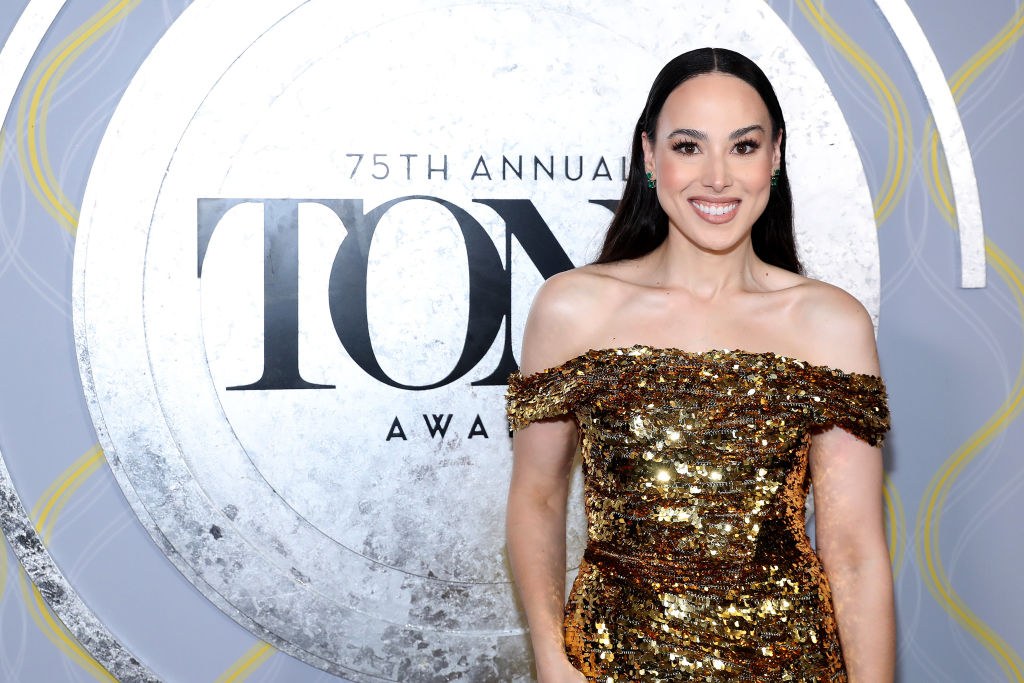
To get some glamour, lawyer and entrepreneur Meena Harris (above), niece of the Vice President of the United States, Kamala Harris, became a muse for the brand, and Mowbray gushes about getting a profile about her and the brand in Vanity Fair. “People thought it was a luxury brand, and it was a surprise you could buy it at Walmart and CVS [America's largest pharmacy chain, with 10,000 stores]."
Monday’s sales are expected to reach US$60m this year, up from some US$35m in 2021. Building off that, Zuru is now launching other haircare brands sliced and diced for different demographics. “We want to build a 21st-century L’Oréal,” Mowbray says, without irony.
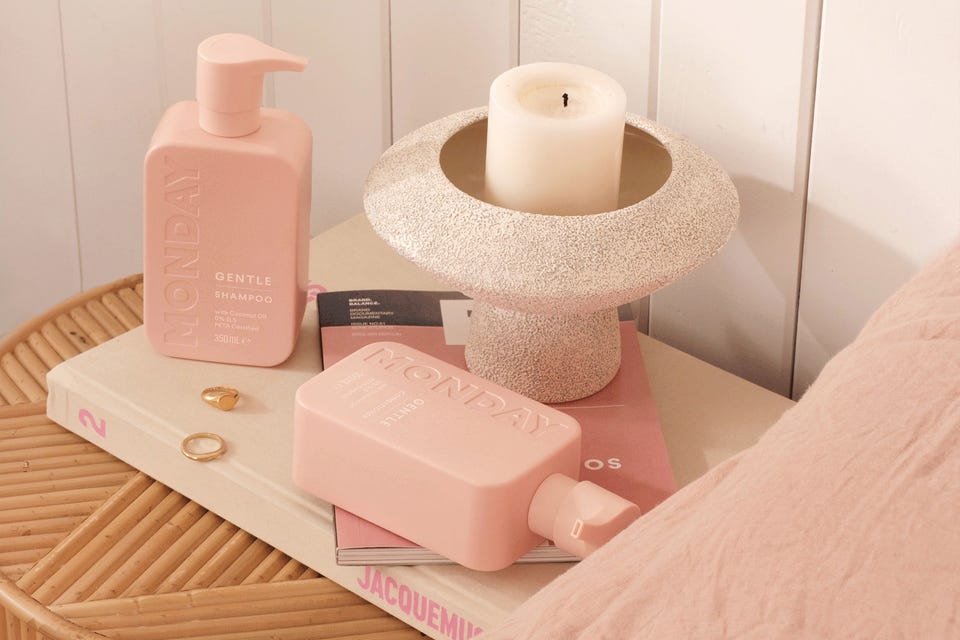 Zuru's Monday haircare brand was built for social media. On TikTok, the brand has 240,000 followers; on Instagram, 142,000. (Image: Zuru)
Zuru's Monday haircare brand was built for social media. On TikTok, the brand has 240,000 followers; on Instagram, 142,000. (Image: Zuru)As with its toys, Zuru is making all its consumer products itself. “It takes a lot of belief in yourself to put money down and build massive manufacturing capabilities,” says Simon Philips, a licensing veteran who is managing director of global consumer products at Moonbug Entertainment, the company behind CoComelon, and has done deals with Mowbray for years. “There are very few people in the consumer products industry that would do that. That’s Nick. He is a force of nature.”
Software platform
Underlying the automation is Zuru’s third business, a software platform called Zuru Tech that allows people to design a house online for the company to produce in a massive factory in Asia. Do you want cheaper versions of marble? Zuru will print a lookalike on ceramic tile. Wood? Similarly, it will print the grains. Earthquake proofing? The software will figure it out. Mowbray’s brother Mat is running this project, which Nick hopes will be operational within two years.
Mowbray isn’t looking to automation to shave costs but to slash them, lowering prices for consumers and keeping Zuru’s profits high. “How do you automate and do it ten times cheaper?” he says. “The reason we automate so much in toys is that we built the automation team for this project and leveraged it for toys and consumer products.”
From Forbes. © 2022 Forbes. All rights reserved. Used under licence.
For more reports like this, visit forbes.com.


